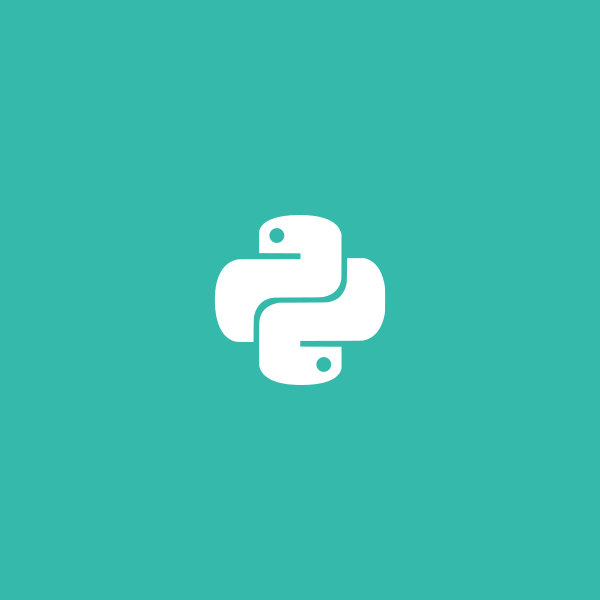python3-virtualenv
Virtual Python Environment builder
virtualenv is a tool to create isolated Python environments. The basic problem being addressed is one of dependencies and versions, and indirectly permissions. Imagine you have an application that needs version 1 of LibFoo, but another application requires version 2. How can you use both these applications? If you install everything into /usr/lib/python2.4/site-packages (or whatever your platforms standard location is), its easy to end up in a situation where you unintentionally upgrade an application that shouldnt be upgraded. Or more generally, what if you want to install an application and leave it be? If an application works, any change in its libraries or the versions of those libraries can break the application. Also, what if you cant install packages into the global site-packages directory? For instance, on a shared host. In all these cases, virtualenv can help you. It creates an environment that has its own installation directories, that doesnt share libraries with other virtualenv environments (and optionally doesnt use the globally installed libraries either).
Es ist kein offizielles Paket für openSUSE Leap 16.0 verfügbarDistributionen
openSUSE Leap 15.6
openSUSE Leap 15.5
openSUSE Backports for SLE 15 SP4
Debian Testing
Debian 13
Debian 12
Fedora Rawhide (unstable)
Fedora 43
Fedora 42
Fedora 41
CentOS CentOS-8-Stream
CentOS CentOS-7
Ubuntu 25.10
Ubuntu 25.04
Ubuntu 24.04
Ubuntu 22.04
Ubuntu 20.04
